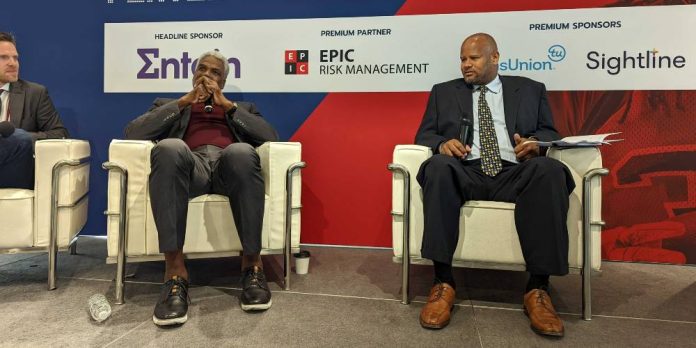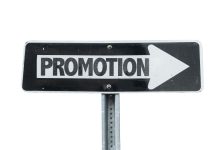Most conference discussions around responsible gambling understandably feature members of the industry talking about what measures to take, best practices, and how to deliver good messaging. However, at yesterday’s Player Protection Symposium at SBC Summit North America, the conversations expanded to include those impacted by the issue.
The closing panel of the day featured a group that gets discussed ad nauseum but rarely gets the floor–the athletes. Former NBA players Charles Oakley and Randy Livingston joined Entain’s Martin Lycka to discuss the prevalence of gambling in the league, how to protect college players, and the kinds of programs every pro athlete should be exposed to as part of their entry into a league. Both Oakley and Livingston struggled with problem gambling and now champion efforts to promote responsible gambling, especially within pro leagues.
A bulk of the conversation centered around how to treat and support those players who struggle with gambling addiction. Livingston noted it is drilled into NBA players to “protect the shield at all costs.” This concern about tarnishing the league’s reputation resulted in him not speaking up or seeking help about his issues. When he did, league reps recommended the same resources as players with drug and alcohol addiction, which wasn’t helpful for him.
When asked about Calvin Ridley, who was suspended after betting on NFL games, Livingston had suggestions on how the league could have handled the situation better.
“I think sports gambling in the US is still taboo, and they really don’t want to deal with it. So the first thing is to strike him up and to really come down hard, but he’s not the only one.”
The league was vocal and harsh about Ridley’s punishment but there was virtually no discussion of how to support him. Livingston has ideas for resources that weren’t available to him but could benefit others in the future.
“There always should be a hotline for the players,” he said. “Whoever controls that hotline, that person has to remain anonymous so they feel safe and create a safe haven for the guys.”
Both Oakley and Livingston are pushing hard for the players association of every league to partner with responsible gambling groups to educate players. Livingston also wants that education to extend to families.
“Teach them techniques to identify where there’s problems,” he suggested. Additionally, offer families the support they need when problem gambling impacts them.
Oakley also pointed out the leagues are creating potentially problematic situations. He pointed to NBA Summer League, where all of the rookies, replete with money from their contracts, spend a couple of weeks in Las Vegas for a series of exhibition games. Both Livingston and Oakley admit there is too much money on the line to not be present in Vegas. The answer, to them, is more about what kind of education and support come with these opportunities.
Livingston also warned Ridley, who did bet on his own team, is not the only player betting. To him, it is only a matter of time before there is a scandal where a player is caught manipulating their performance. With that inevitability, it is about the leagues getting out in front of the problem and having a plan that condemns the behavior, maintains league integrity, and supports the players involved.














